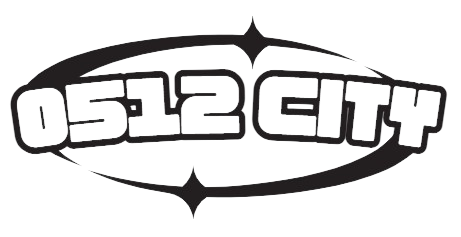In an era defined by unprecedented access to information and the rapid dissemination of news and content across digital platforms, the importance of media literacy has never been more critical. With the proliferation of social media, online news sources, and digital communication channels, individuals are bombarded with a constant stream of information, much of which is unverified, biased, or misleading. In this article, we’ll explore the concept of media literacy, examine its significance in a digital world, and discuss strategies for navigating the complex media landscape with discernment and critical thinking.
Understanding Media Literacy
Media literacy refers to the ability to access, analyze, evaluate, and create media content in a thoughtful and responsible manner. It encompasses a range of skills and competencies, including the ability to critically evaluate sources, recognize bias and propaganda, and navigate the ethical and legal implications of media consumption and production.
At its core, media literacy is about empowering individuals to become informed and engaged participants in the media ecosystem, capable of navigating the complexities of the digital world with confidence and discernment. In an age where misinformation and disinformation abound, media literacy serves as a vital defense against the spread of falsehoods and manipulation.

Challenges in the Digital Media Landscape
The digital media landscape presents a myriad of challenges for media literacy. One of the most pressing is the sheer volume and velocity of information available online, which can overwhelm individuals and make it difficult to discern fact from fiction. Social media algorithms further exacerbate this issue by prioritizing sensational or polarizing content, leading to the proliferation of clickbait and misinformation.
Moreover, the rise of deepfakes, AI-generated content, and manipulated images and videos has blurred the line between reality and fiction, making it increasingly challenging to distinguish between authentic and fabricated media. In this environment, media literacy becomes essential for individuals to navigate the digital landscape with skepticism and critical thinking.
Strategies for Enhancing Media Literacy
Given the complexities of the digital media landscape, developing media literacy skills is more important than ever. Fortunately, there are several strategies that individuals can employ to enhance their media literacy and become more discerning consumers and creators of media content.
First and foremost, individuals should approach media consumption with a healthy dose of skepticism and critical thinking. This means questioning the sources of information, evaluating the credibility of sources, and corroborating information with multiple sources before accepting it as fact.
Secondly, individuals should be aware of their own biases and the biases inherent in media content. By recognizing their own biases and actively seeking out diverse perspectives and viewpoints, individuals can guard against the influence of confirmation bias and echo chambers.

Thirdly, individuals should familiarize themselves with the techniques used to manipulate media content, such as photo editing, video manipulation, and selective editing. By understanding how media can be manipulated, individuals can better recognize signs of manipulation and deception.
Additionally, media literacy education should be integrated into formal education curricula from an early age. By teaching students critical thinking skills, digital literacy, and media literacy, educators can empower the next generation to navigate the digital world with confidence and discernment.
Conclusion
In conclusion, media literacy is a crucial skill in today’s digital world, enabling individuals to navigate the complexities of the media landscape with discernment and critical thinking. As the volume and velocity of information continue to increase, media literacy education becomes increasingly important for empowering individuals to become informed and engaged participants in the digital ecosystem. By equipping individuals with the skills to critically evaluate sources, recognize bias, and navigate the ethical and legal implications of media consumption and production, we can foster a more informed, democratic, and resilient society.
